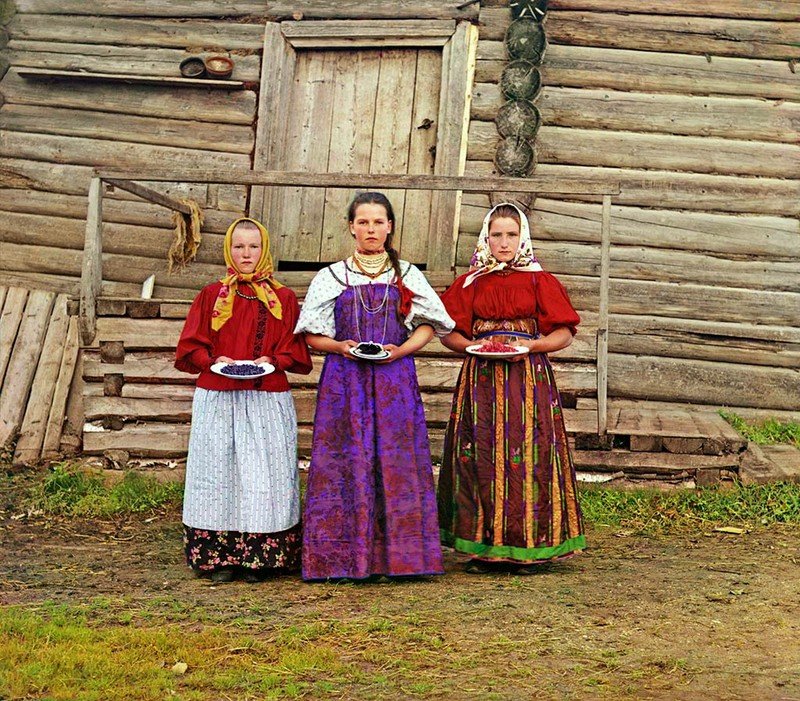|
|
History: Color Photography Of Russia, 1900-1915
|
Other/unspecified - 10.4%
Ethnic Russians comprise 79.8% of the country's population; however the Russian Federation is also home to several sizeable minorities. In total, 160 different other ethnic groups and indigenous peoples live within its borders. Though Russia's population is comparatively large, its density is low because of the country's enormous size. Population is densest in European Russia, near the Ural Mountains, and in southwest Siberia. 73% of the population lives in urban areas while 27% in rural ones. The preliminary results of the 2010 Census show a total population of 142,905,208.
Russian population peaked at 148,689,000 in 1991, just before the dissolution of the Soviet Union. It began to experience a rapid decline starting in the mid-90s. The decline has slowed to near stagnation in recent years due to reduced death rates, increased birth rates and increased immigration.
In 2009 Russia recorded annual population growth for the first time in 15 years, with total growth of 10,500. 279,906 migrants arrived to the Russian Federation the same year, of which 93% came from CIS countries. The number of Russian emigrants steadily declined from 359,000 in 2000 to 32,000 in 2009. There are also an estimated 10 million illegal immigrants from the ex-Soviet states in Russia. Roughly 116 million ethnic Russians live in Russia and about 20 million more live in other former republics of the Soviet Union, mostly in Ukraine and Kazakhstan.
|
|









